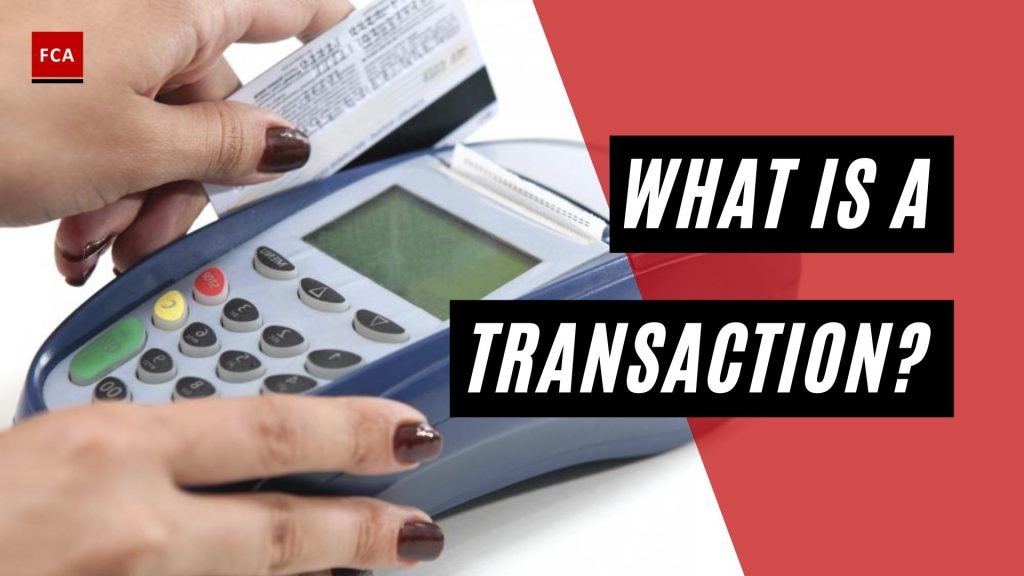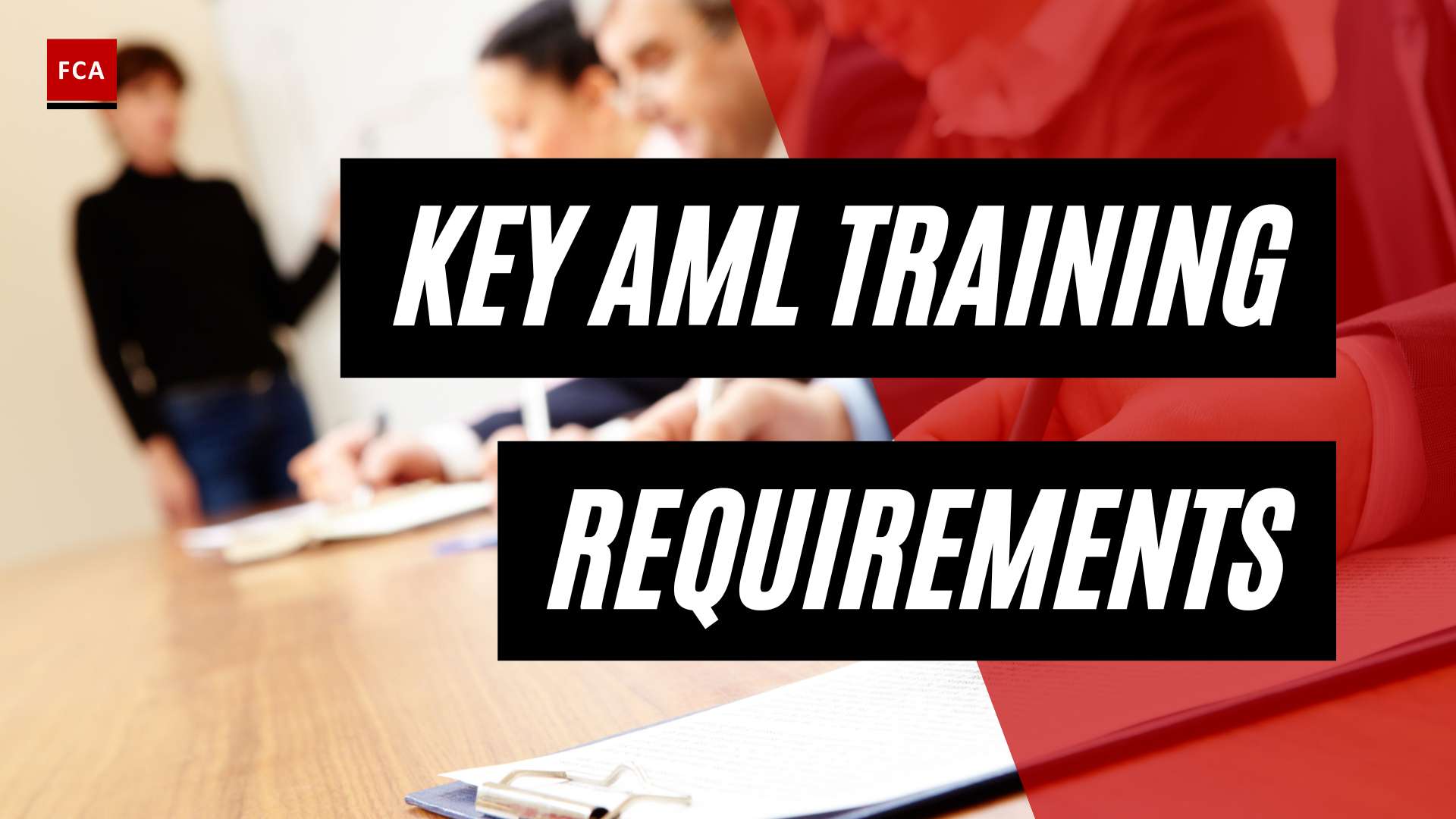A transaction is a completed agreement between a buyer and a seller to exchange goods, services, or financial assets in return for money. The term is also commonly used in corporate accounting. In business bookkeeping, this plain definition can get tricky. A sales transaction between a buyer and a seller is relatively straightforward. Person A pays person B in exchange for a product or service. The transaction is complete when they agree on the terms, and money is exchanged for the good or service.
Transaction Definition
A transaction in finance refers to any exchange or transfer of money, assets, or securities between two parties. It involves a buyer and a seller agreeing on a price for a good, service, or financial instrument, and then executing the trade.
A bank transaction is any money that moves in or out of your bank account. Types of bank transactions include cash withdrawals or deposits, checks, online payments, debit card charges, wire transfers, and loan payments.

Transaction posting is the process of applying debits and credit transactions in the customers’ accounts. Transactions can be posted as a “batch,” where several transactions are merged and posted combinedly. Transaction posting is important for transparency, completeness, and audit trail keeping.
The number of transactions that occurred or were initiated on a particular day needs to be identified and reviewed before recording to ensure that transactions are posted in the correct account and category. Due to a large number of daily transactions, institutions face money laundering and terrorist financing risks if such transactions are not scanned or verified.
The following are some of the transactions that are incurred and recorded in the systems of financial institutions, such as banks:
- ATM and Debit Card Transactions: When cash is withdrawn from the bank’s ATM, then the cash withdrawal transaction is recorded in the customer’s account as a debit transaction on a real-time basis.
- Branch Transactions: These transactions include payments and withdrawals. Branches pay for overheads and other miscellaneous payments through bank accounts.
- Check Clearing Transactions: A customer may deposit a check in their bank, which is first lodged for clearing and then credited to the relevant customer’s account after completing the necessary clearing process.

- Fund Transfers: This includes transferring funds from one account to another. This transaction may be between two individuals, an individual and a company, or between two companies or entities. Funds may be transferred outside the country to another bank’s account, or the funds may be received from another country as a home remittance.
- Online Bill Payments: Residents make payments through their personal accounts to settle their monthly or periodic bills.
Final Thoughts
A bank transaction is a financial transaction that occurs between two parties through a bank or other financial institution. It typically involves the transfer of funds from one bank account to another, either within the same bank or between different banks. Examples of bank transactions include deposits, withdrawals, wire transfers, online payments, checks, and automated teller machine (ATM) transactions. These transactions can occur between individuals, businesses, or organizations, and are usually conducted electronically or through paper documents such as checks. Bank transactions are an important aspect of managing personal and business finances, and are subject to various laws and regulations to ensure their safety and security.









